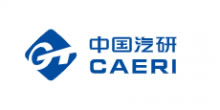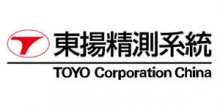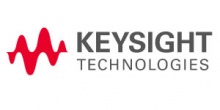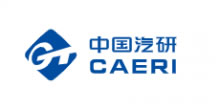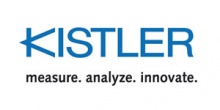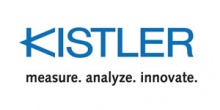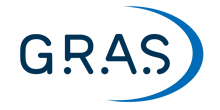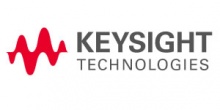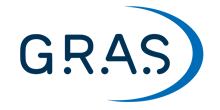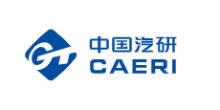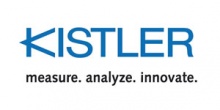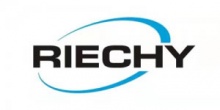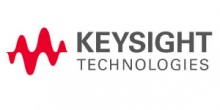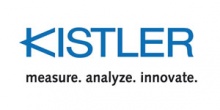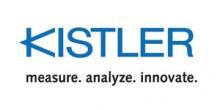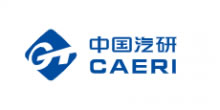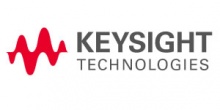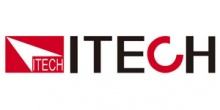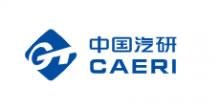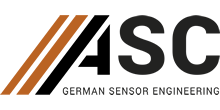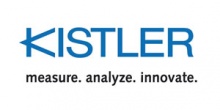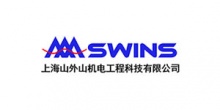Toyota Research Institute commissions open source driving simulator

The Toyota Research Institute (TRI) is donating US$100,000 to the Computer Vision Center (CVC) at the Universitat Autònoma de Barcelona (UAB) in Spain to help accelerate development of an open source simulator badged Car Learning to Act (Carla).
Said Vangelis Kokkevis, director of driving simulation at TRI, “Fostering the development of a common open simulation platform will allow TRI and its academic and industrial partners to better exchange code, information and data.”
The non-profit driving simulator is hosted on Github and designed for the development, training and validation of automated urban driving systems. With flexibility and realism in mind, Carla can be used to test in a multitude of environmental conditions and is designed to be extended and easily modified to fit specific project needs.
The team behind Carla plans on using TRI’s expertise to expand its engineering team and the simulator’s capabilities.
Dr Antonio López, responsible for the project at CVC, said, “Carla was created to democratize research on automated driving, supporting training and testing of AI drivers beyond real-world limitations. The joint work of Carla engineers, artists and scientists is making this possible. Obviously, we need to continue working to allow Carla to reach its full maturity, and this is why sponsorship from Toyota is highly valuable.”
Furthermore, TRI is contributing US$75,000 to a program at the American Center for Mobility (ACM) in Michigan that will analyze how automated vehicles affect driving-related jobs. The study, Preparing the Workforce for Automated Vehicles, is being conducted by Michigan State University in collaboration with Texas A&M Transportation Institute.
“TRI is committed to advancing automated vehicle technology in ways that improve society and individual well-being, and we need to better understand the impact this may have on future jobs and employment,” said Dr Gill Pratt, TRI CEO and Toyota Motor Corporation fellow. “Our participation in this study can help address the societal effects in a meaningful way.”
The research will provide several points of insight, including identification of the jobs expected to be affected; quantification of the impact on specific job categories; identification of the skills that will be needed for the future; and recommendations for new education and training curricula.
The primary objective of the study is to understand impacts on the workforce and to lay the foundation for a training template for commercial drivers for the future, especially in the areas of freight and package delivery, taxi and ride hailing. It is designed to help ensure that job skills evolve with new automated vehicle technology and professional drivers can remain productively employed. The study is expected to be published later in 2018.
编辑推荐
最新资讯
-
沃尔沃汽车:创新驱动的豪华品牌
2025-04-24 18:16
-
飞书项目落地ASPICE解决方案,助力汽车软件
2025-04-24 09:59
-
驾驶员监控系统DMS合规认证的“中西结合”
2025-04-24 08:23
-
自动驾驶汽车测试关键行人场景生成
2025-04-23 17:12
-
R171.01对DCAS的要求⑧
2025-04-23 17:08





 广告
广告



